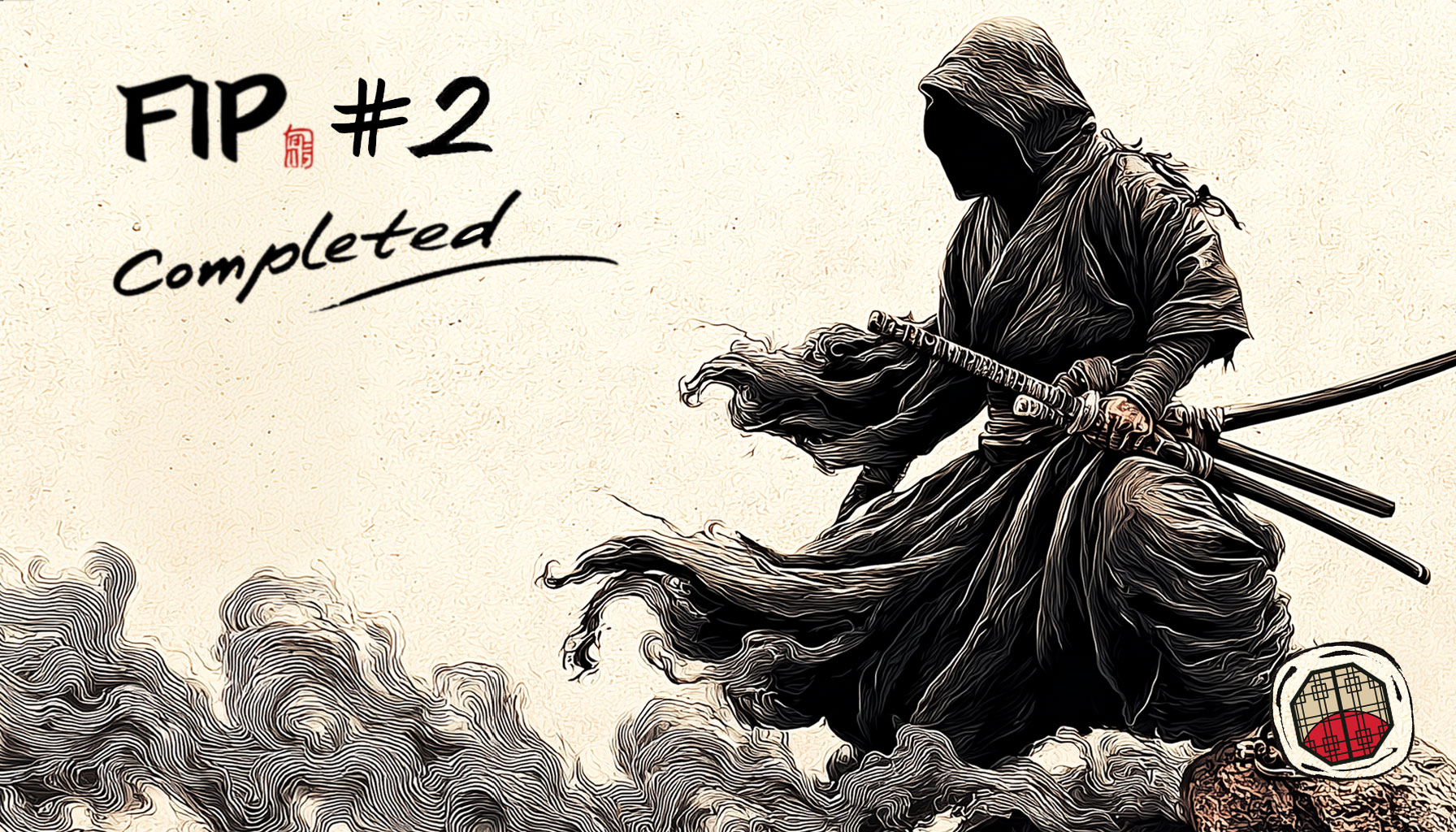Modern Theory Of Democracy
Origins and Definition of Democracy
In the annals of human history, the quest for a genuine democratic system, often considered the 'holy grail' of societal governance, has remained elusive in practice.
First, consider the very etymology of the word 'Democracy.' Derived from ancient Greek, 'Dēmokratía' breaks down into "Dêmos," meaning "People," and "Kratos," which translates as "Power."
Democracy, thus, literally signifies "power to the people."
Wikipedia describes Democracy as a system of government in which state power is vested in the people, the population. Yet, in contemporary democratic models, a critical distinction arises: people elect representatives rather than voting directly on matters that affect their lives. They entrust a select few with the authority to make decisions on their behalf, effectively handing over a blank check.
History reveals a constant: power, when concentrated, often tends to centralize further. Consequently, in many so-called ‘democratic’ systems, the voice and choice of individuals get overshadowed, leading to hyper-centralized governance where the collective voice becomes weaker. This is where the fusion of true democratic values and new blockchain technology can effectively solves these challenges.
Democracy Through Technology
Blockchain technology provides a strong foundation for rethinking democratic governance. Although 13 years have passed since the inception of Bitcoin, the vision of an on-chain democracy remains unrealized, today a few entities are controlling many of the leading blockchains.
Fushuma aspires to change that narrative. By proposing a vision of a decentralized voting system and combining it with a transparent treasury, we aim to create a true on-chain democracy where power belongs to the “Dêmos.”
“At each stage of human existence, the adult man is off on his quest of his holy grail, the way of life he seeks by which to live.” Clare W.Graves
Fushuma: A Decentralized Platform for Democratic Governance
I. Decentralized From Day 1
FUMA's token distribution illustrates Fushuma's commitment to decentralization.
With 40% allocated to the on-chain treasury, governed by the community, and 24% leveraging Callisto Network's Proof-of-Work distribution model, Fushuma inherits a widely distributed base. Additionally, 6% is allocated for airdrops to engage the broader crypto-community.
This balanced strategy prevents excessive concentration of control, aligning with Fushuma's commitment to decentralization.
II. Fushuma's Treasury
To make unique network feature allowing for grants, avoiding traditional centralization, and promoting further decentralization.
Indeed, on-chain democracy relies on individuals’ active involvement in the decision-making process. Similarly, the Web 3.0 digital era should be characterized by users’ active and decentralized participation, thereby ensuring an equitable digital future for all.
A unique network feature allowing for grants, avoiding traditional centralization, and promoting further decentralization.
Objectives of Fushuma On-Chain Democracy
With a vision to empower the community and give them full control over the network’s direction, Fushuma On-Chain Democracy’s core goals are:
Fushuma’s vision is to create an environment where every network participant’s voice has an impact on the decision-making process. While we believe in complete decision-making rights, we also recognize the need for strong checks and balances. These measures ensure that no majority can unilaterally impact the network’s health or exploit the Fushuma Treasury unfairly.
Proposal Submissions: Enhancing On-Chain Democracy and Governance
Through the Fushuma Improvement Proposals (FIP), all community members are invited to actively participate in the network’s life, thereby creating a sense of shared ownership within the framework of on-chain democracy. Therefore, this approach improves blockchain democracy by ensuring clear and decentralized governance.
Notably, each proposal submission to Fushuma will require a nominal fee of $20. This fee balances accessibility for proposers and the need to maintain the integrity of the governance process.
Then, the collected fees will be transfered to the Fushuma Treasury, thereby helping the network’s growth and sustainability.
Fushuma On-Chain Governance Mechanism
Promoting Active Participation with Sortition
To further decentralize the voting power and include more community members, Ambassador rights will be awarded to active community members, enhancing the practical application of blockchain democracy. In particular, this mechanism is directly inspired by Athenian democracy, where citizens had an equal chance to hold public office, reducing the risks of corruption and elite domination in governance. Thus, the sortition process reinforces on-chain democracy's ideals.
Implementation and Review
This integrated rewards system will be initially introduced as a pilot program, with ongoing monitoring and evaluation to determine how effectively it enhances democratic participation.
Based on community feedback and collected data, adjustments will be made to ensure fairness and the network’s health.
Implementation Phases
• Phase 1: Initial management by Fushuma founders, Founding partners, and VCs.
• Phase 2: Full treasury control transitions to the community, realizing our vision for a decentralized democratic ecosystem.
SHARE THIS PUBLICATION ANYWHERE YOU LIKE
SHARE THIS STORY ANYWHERE
More NEWS
No Compromises: PoW Security Meets L2 Speed
Fushuma is the world's first Proof-of-Work (PoW) Layer 2. Get the security you believe in with the speed you need. Stop compromising and join the movement!
Why Fushuma Feels Like Home
Fushuma stands apart in the blockchain space by building a community where every voice is heard. Discover how equal participation, innovative rewards, and shared growth create a space that truly feels like home.
Growing Together
Fushuma redefines blockchain with every token contributing to shared growth and equal opportunity. Fushuma innovative model supports projects that reward token holders continuously, ensuring a fair and collaborative future for everyone involved.








